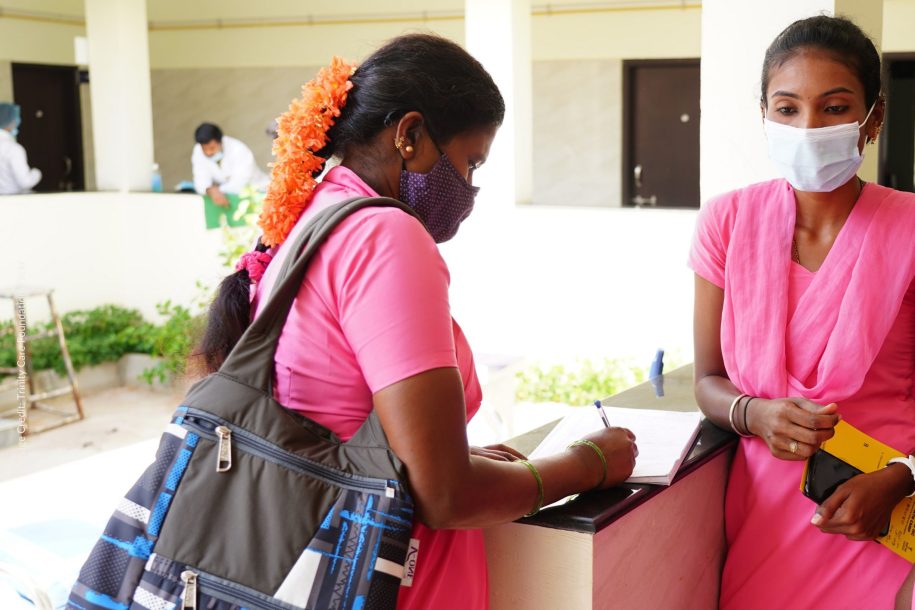COVID-19 caused disruptions in services to those with mental illness in several countries across the globe. While these disruptions have been well-documented, few studies have looked at the service provider perspective. A recent study by LEAD at Krea University and the Schizophrenia Research Foundation (SCARF) explored care dynamics from the perspective of the service providers at SCARF, based in Chennai, Tamil Nadu. This study was supported by the India-Oxford Initiative (IndOx) at the University of Oxford.
Accessibility, Availability and Personal Challenges
Access to all mental health care services was affected during the early lockdown because patients could not physically access the centre’s services due to restrictions. Apart from the non-availability of crucial medications needed by those with psychosocial disabilities, increased burden of care and other intersecting issues such as job losses, pay cuts and rise in debt were experienced. Service providers had to navigate disrupted work-life balance, a feeling of being torn between providing appropriate quality of care while implementing the adaptations apart from their own personal struggles.
3 Rs of Adaptation
The main objective of service delivery was to maintain continuity of care and at the same time minimise the risk of infection. We find that three elements of service provision were key: established relationships with communities, responsiveness to the patient needs, and resilience in ensuring continuity. System adaptations included the use of telecommunication platforms, electronic prescriptions and the continued use of expired prescriptions as well as facility-level strategies such as isolation and liaison psychiatry for patients diagnosed with COVID-19.
Closing Thoughts
The importance of framing care policies and programmes for the mentally ill population within administrative and disaster planning strategies, particularly the need to integrate housing, transportation and medication for people with mental illnesses is critical. Finally, it is imperative to have training programmes for health workers to build their capacity to handle isolation, infection and relocation, and similar engagement for caregivers and families.
This article was first published in Express Healthcare. To read the full text published, please click here.
About the Authors
Sapna Nair is a Research Fellow at LEAD where she leads multiple projects on public health policies, strategy and interventions. She has a decade worth of experience as a public health specialist and researcher focusing on health systems research, from developing research methodologies, policy strategy, policy uptake and evaluation.
R Padmavati currently holds the position of Director at Schizophrenia Research Foundation, (SCARF, India). She has been involved in several research areas like epidemiological studies, schizophrenia, culture and psychoses. She has been closely involved in SCARF’s community mental health programs and the telepsychiatry project. Her main interests have been in socio-cultural aspects of mental illnesses.


